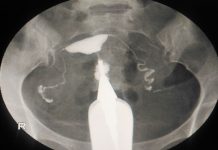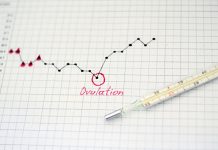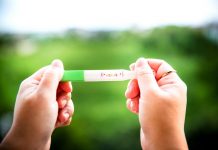In this Article
If you are trying to get pregnant the natural way or by alternative methods, it is important that you follow a healthy diet to ensure that no further obstacles come in your way. If you are having trouble conceiving and decide to opt for an IVF treatment, there are certain things you should know. IVF is a different procedure for the body altogether, and to make this process work, there are certain foods that you should consume. A specific diet during IVF is necessarily recommended by a doctor, but a few diet changes can work in your favour.
Best Diet to Boost IVF Success
The success rate of an IVF procedure is usually around 30-40% for most women. So, if you are trying to conceive, IVF is worth a shot. But to increase its success rate, there are a few foods that you can add to your diet. There are a bunch of foods that can help your body cope with the procedure and respond to it better.
Foods to Eat During IVF Treatment
Doctors won’t necessarily provide you with a list of foods to eat during IVF implantation or at any stage of the procedure, but given the understanding of the process, there are a few ways that can indirectly influence your body to respond better to it. Given below is the list of nutrients that are necessary to make your IVF treatment a success.
1. Foods Rich in Zinc
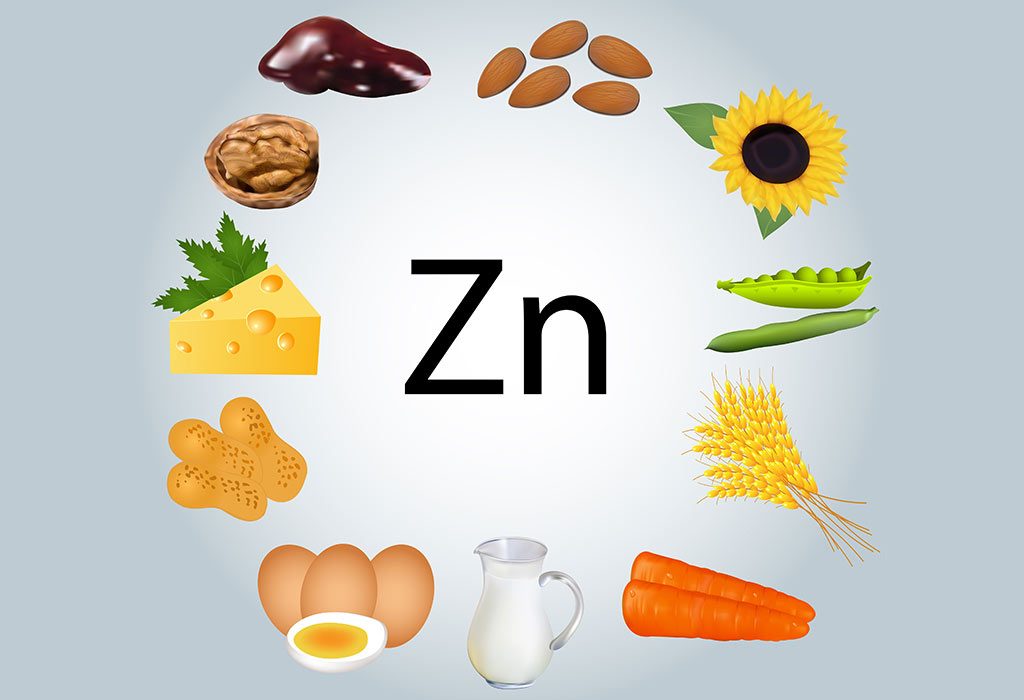
One of the key aspects related to reproduction is optimum hormone levels that regulate the entire activity in an effective manner. Any fluctuation in your hormonal levels could cause the ovaries to function erratically or eggs to not be produced properly. Zinc helps balance hormonal levels. Hence, during IVF, it can work to your benefit to ensure that you meet your daily requirement of around 15mg of zinc without fail. This can be done by using zinc supplements, but a better choice would be to include zinc-rich foods like dairy products, grains, potatoes, and nuts, along with a few meat items in your diet.
2. Carbohydrates
Dietitians who usually guide people in their weight loss process may think that the inclusion of carbohydrates is an unhealthy choice. But lifestyle is the culprit – not carbs. Consuming healthy carbohydrates in substantial quantities is how your body gets the energy it needs for various activities throughout the day. IVF requires a lot of energy as well, which is why including fruits and grains such as whole wheat, barley, brown rice, quinoa, etc. in your diet that provide energy is quite essential on a daily basis.
3. Foods Rich in Folic Acid
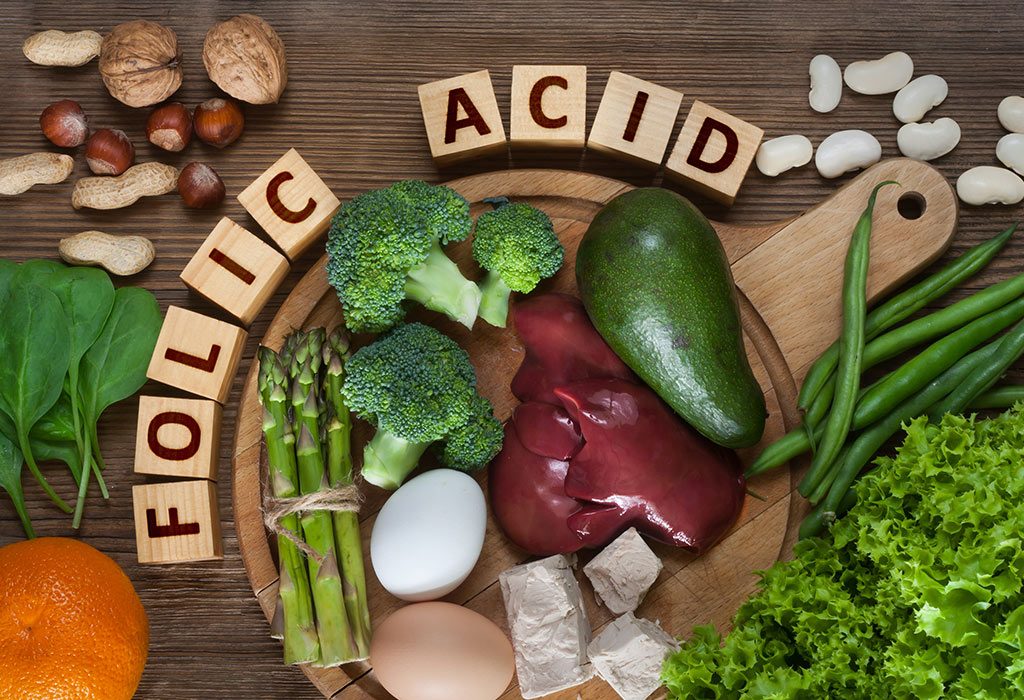
The importance of folic acid stays high during pregnancy, and even before it. Even while undergoing the IVF procedure, the presence of folic acid is essential to ensure that the embryo that forms is healthy and free of any developmental disorders. Folic acid is present in numerous food items and making it a part of your diet can be achieved in cheap and effective ways. Foods such as peas, spinach, broccoli, kiwi, poultry products, tofu, and many more are good sources of folic acid for you.
4. Fats
Contrary to popular belief, fats are not bad for you – you only need to know which kinds of fats to consume. Junk food that contains trans-saturated fat should be avoided at all costs. Opting for healthy fatty acids and unsaturated fats is highly recommended since they provide your body with energy reserves that it can tap into at any time. Good fats are also essential in breaking down the nutritional elements of the food items and allowing your body to absorb them. They are found in walnuts, corn, olive oil, flaxseed oil, coconut oil, avocados, and more.
5. Avocados
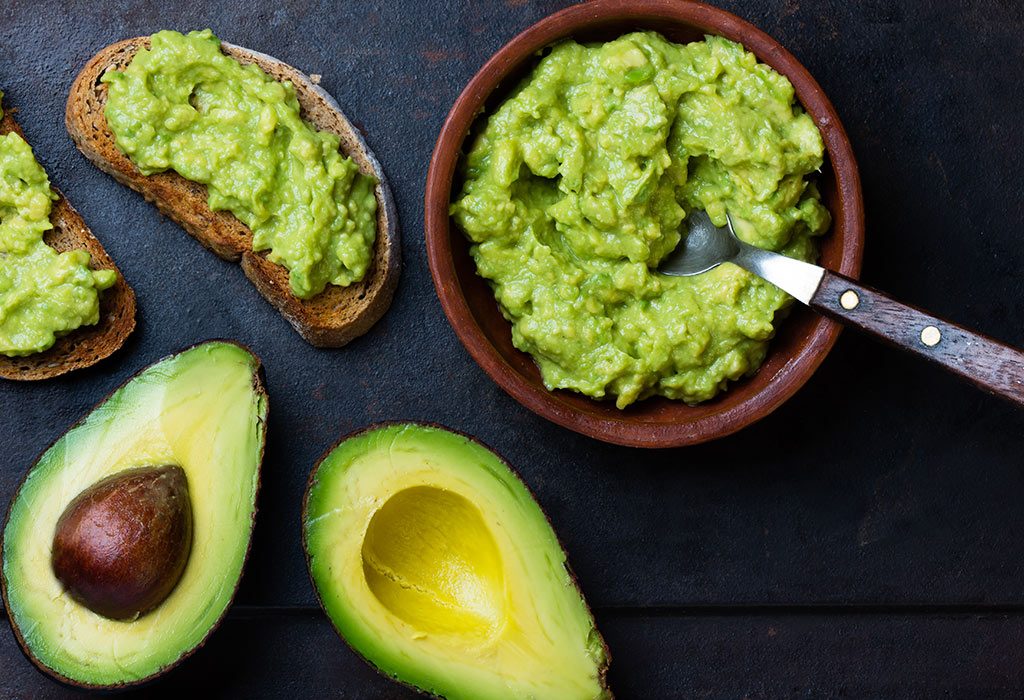
Avocados have been known to be healthy for pregnant women for quite some time now, and it is good for women opting for IVF treatments as well. It is said that the presence of monosaturated fats – something avocados are rich in – is conducive to the process of IVF. Furthermore, consuming avocados also improves the health of the ovulatory region within a woman – it increases the chance of having a successful IVF by 3.5 times.
6. Protein-Rich Foods
The production of hormones in the body, which directly and indirectly influence the development of eggs in the ovaries, is dependent on the amount of protein present in your body. Protein provides long-lasting energy and helps in the development of the body, which is why it is important to have at least 60g of it on a daily basis. Seafood, meat, and eggs are great sources of it, so are legumes and nuts of different varieties in substantial portions.
7. Water
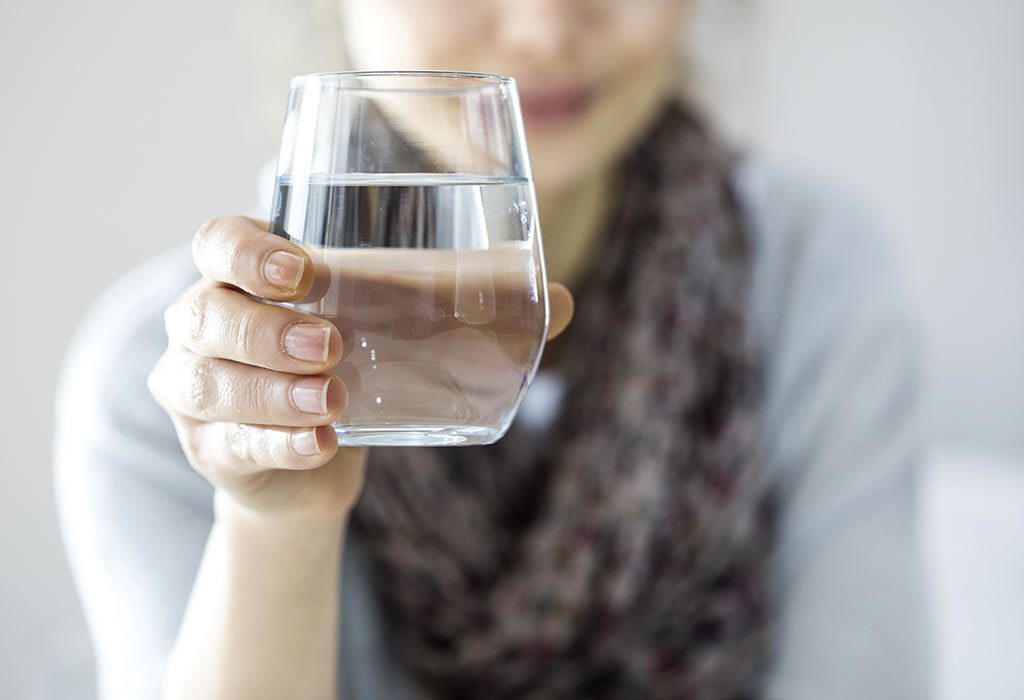
You can never drink enough water with your current lifestyle. We are extremely good at overestimating how much water we drink. It is best to stick to a schedule of drinking a glass of water per hour or so, ensuring at least 8 glasses of water are consumed. Optimal water levels help in maintaining a good balance of different elements within the body and aid circulation. They also aid in early implantation. So drink enough water, and then drink some more and more!
The Mediterranean style of dieting is a great way to remember what foods you should add to your diet. A small-scale study done on women suggests that for non-obese women under 35, a Mediterranean-style diet proved to be beneficial for the IVF process. It’s important to remember that a good diet also affects sperm count, so make sure you and your partner are in this together! A Mediterranean diet contains:
1. Fresh fruits and veggies
2. Lean proteins (meats, fish, etc.)
3. Whole grains instead of refined ones
4. Legumes such as dals
5. Low-fat dairy
6. Healthy fats such as nuts, seeds, and eggs
Foods to Avoid During IVF Fertility Treatment
Just as there are suggestions for IVF diet to improve egg quality, there are some restrictions that must be noted. Here are the foods you should avoid during your IVF fertility treatment:
1. Eggs in Raw Form
Whether these are consumed directly or as part of different preparations such as biscuit batter, certain salads, or eggnog, keep away from raw eggs at all costs. They have a good chance of having the salmonella virus, which can easily cause food poisoning.
2. Foods Containing Artificial Sweeteners
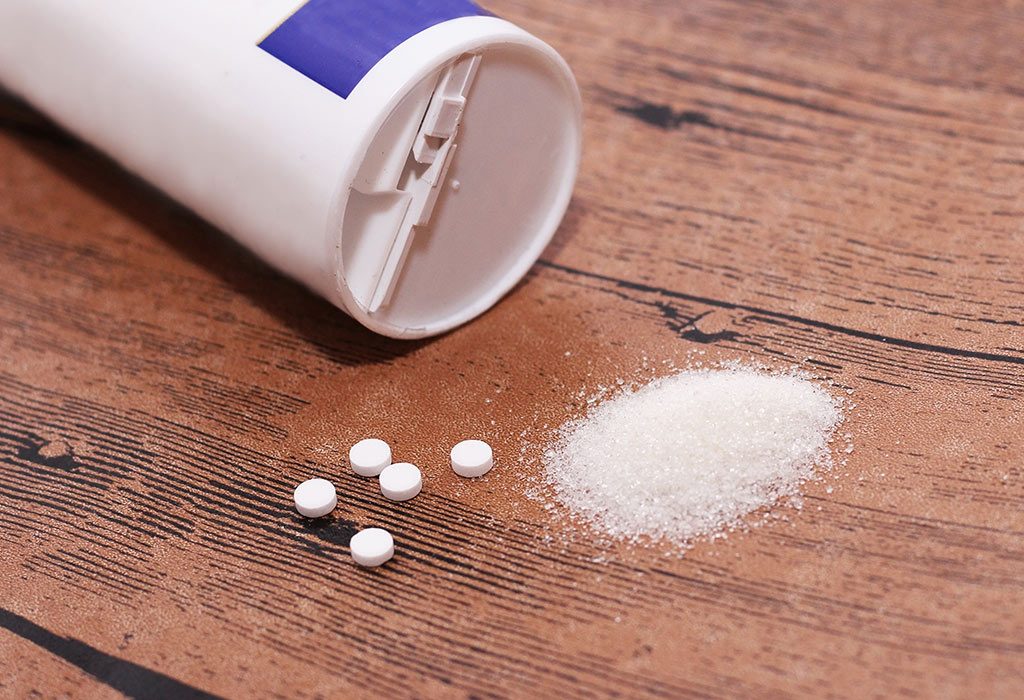
In order to keep their weight in check, some women may opt for artificial sweeteners in their tea or coffee instead of the usual sugar. Although this generally might be a healthy choice, sweeteners containing saccharin are known to reduce the success rates of IVF. So, keep away from artificial sugars. Instead, go for sucralose-based sweeteners or use other natural sweetening syrups instead.
3. Refined Sugar
If you are adhering to a sugar-free diet without the inclusion of any artificial sweeteners, you are at your healthiest best. Refined sugar is a villain in this regard and affects the body in extremely unhealthy ways. Even a small quantity of it causes the sugar levels in the blood to spike up instantly. Eating sugar can make you feel good for some time, but doing it regularly can put a load on the liver to produce more insulin to combat the rising blood sugar level. This can result in the body developing insulin resistance in the long run, which directly affects fertility.
4. Seafood
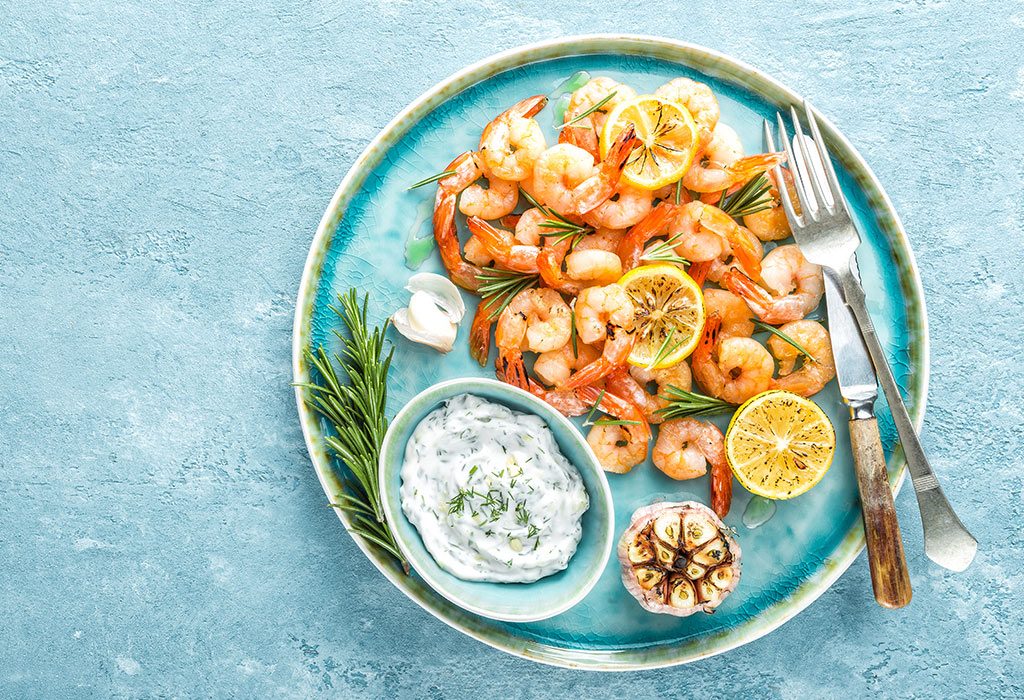
Consuming raw seafood should also be avoided as it could cause infections. However, general seafood is also best to keep at a minimal, since fish contains a lot of mercury, which can cause issues with the foetus and result in birth defects as well.
5. Alcohol
Erratic ovulation is a problem that plagues many women with regards to their fertility. Alcohol is one of the causes for this and hence should not be consumed, particularly during IVF. Not only will it streamline ovulation once again to increase the chances of procuring healthy eggs but it will also decrease the risks of foetal impairment later on.
6. Caffeine

Coffee, as well as tea, should be consumed in limited amounts while you are undergoing IVF. Other aerated beverages that contain caffeine should be either restricted or terminated completely.
7. Specific Types of Cheese
Dairy products are good to consume, but there are a few types of cheese that tend to contain bacteria that can cause an infection. Unpasteurised milk should not be consumed. Soft cheeses like camembert and brie or cheese varieties that have a blue tinge to them are best avoided at this stage.
Adhering to a good IVF diet plan can help you better your chances of a successful IVF procedure. Along with that, there are a few other ways such as massages, meditation, or even acupuncture that can help you maintain an optimal state of mind and body. All of these work together in ensuring your results of the procedure are the best that you can get.
References and Resources: Healthline





